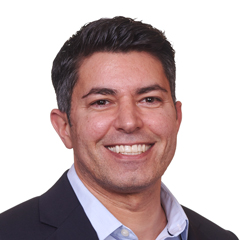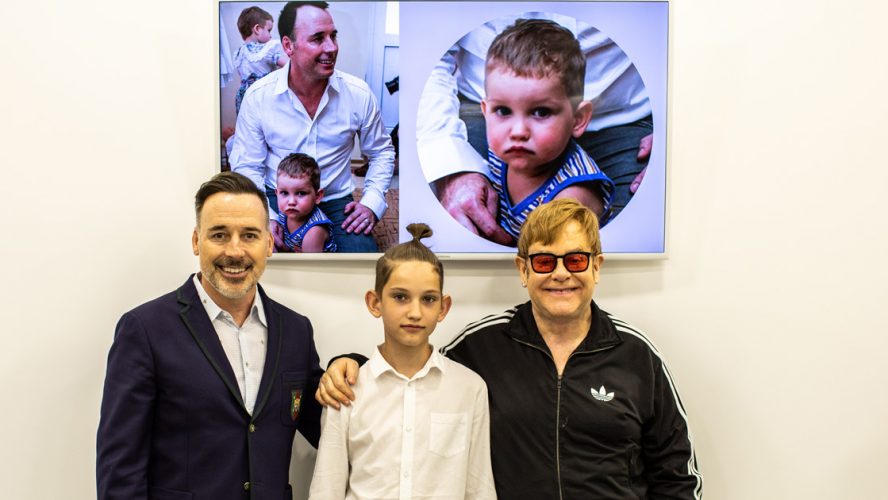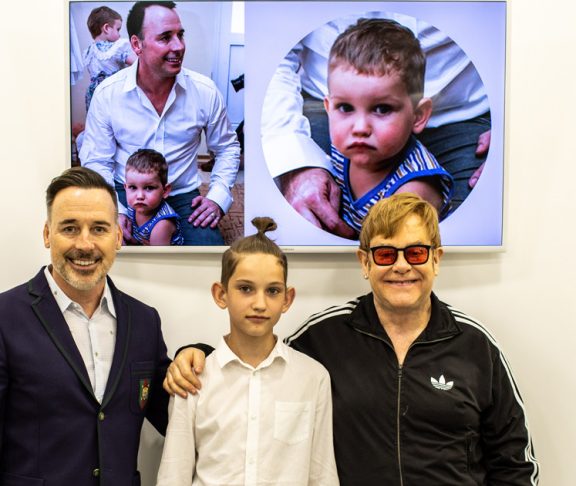
Alex Kalomparis
VP Public Affairs, Australia, Canada and Europe, Gilead Sciences
While there has been great global progress in accelerating towards the UNAIDS 90–90–90 targets, with many European countries exceeding this target, this is not a consistent picture.
Eastern Europe and Central Asia (EECA) is one of the few regions in the world where the annual rate of HIV infections continues to rise.1 Deaths from AIDS-related illnesses have increased 300% in the last 20 years within the region,1 and more than 400 people become infected with HIV every day.1
To address the challenges in EECA and ensure no one is left behind in the global effort to end the HIV/AIDS epidemic, the Elton John AIDS Foundation and Gilead Sciences are collaborating on a ground-breaking initiative called RADIAN.
“There are more than one million people living with HIV in EECA who need access to appropriate care. Both the Elton John AIDS Foundation and Gilead have previously worked together in the region and there is still an urgent need to drastically expand our efforts,” said Anne Aslett, Chief Executive Officer, Elton John AIDS Foundation, “The RADIAN partnership leverages an understanding of the EECA community from previous initiatives and will drive forward the shared ambition to end the HIV epidemic.”
There are more than one million people living with HIV in Eastern Europe and Central Asia who need access to appropriate care.
The RADIAN initiative (radianhiv.org) is comprised of two key elements, the RADIAN “Model Cities” fund and the RADIAN “Unmet Need” fund. By adapting a dual-track programme, RADIAN can direct resources to communities in need that are immediately ready to scale interventions through targeted funding, while simultaneously building capacity in others.

“Our goal with the RADIAN programme is to provide the support for a targeted HIV response that has been historically lacking in this region,” said Anne Aslett. “RADIAN aims to contribute measurable changes in HIV incidence, screening and linkage to care, to meaningfully address new HIV infections and deaths from AIDS-related illnesses in the region. Over the next five years, the learnings from RADIAN will be used as a blueprint towards helping change the trajectory of HIV in EECA.”

Anne Aslett
Chief Executive Officer, Elton John AIDS Foundation
Job bag: IHQ-HIV-2019-11-0017
Date of Preparation: November 2019
Source: 1. UNAIDS (2019). UNAIDS Data 2019. Available at: https://www.unaids.org/en/resources/documents/2019/2019-UNAIDS-data [Accessed October 2019].

